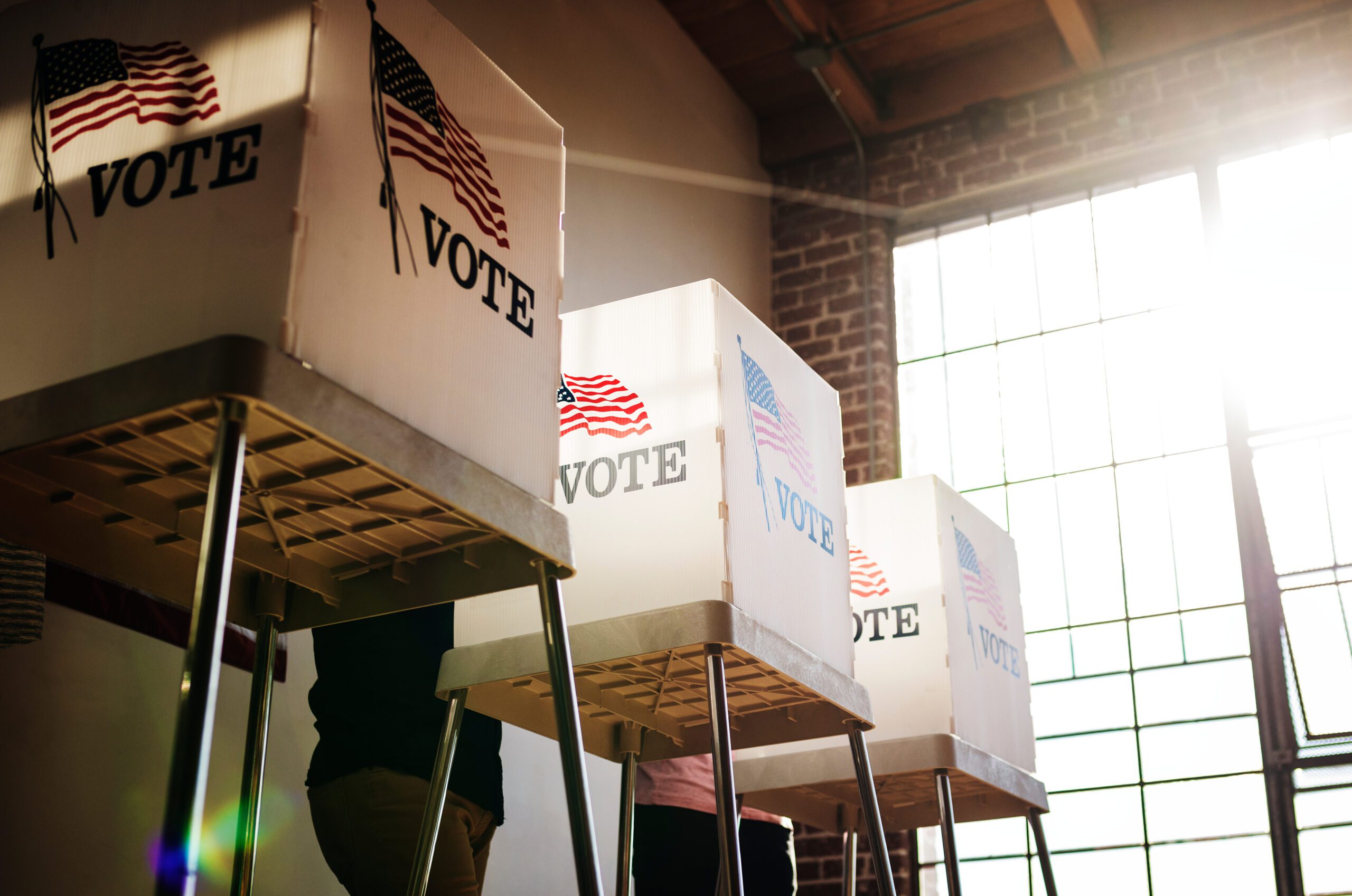By Danny Bierschwale EBS CONTRIBUTOR

Elections have been won and lost by this small but mighty fragment of paper on punch-card ballots. You might remember that hanging chads were partly responsible for the high number of invalid votes during the controversial 2000 U.S. Presidential election.
Our diverse backgrounds shape us as citizens, each with a unique experience with democracy. That experience is layered with varying degrees of civic knowledge and understanding. This column will peel back those layers and build a core of understanding to inform voting decisions. Topics will scale in complexity over time and focus on Big Sky elections, government services, and associated public funding.
It’s easy to want to skip to the BIG questions: How does municipal government operate? How do I run for a local office? Why are my taxes so high? We will get to those substantive topics in due time, but we’re going to need some primer to support those community conversations.
Let’s start with a basic statement I’ve heard more than once – “I didn’t know Big Sky has elections that I can vote on.” The response to that statement is a resounding YES! There are local elections you can and should vote in.
Big Sky voting statistics
Census data from 2020 estimates approximately 3,854 people residing within the Resort Area District boundary. In November of last year registered voters of the same boundary were 2,491. Approximately 65% of the census population of Big Sky is registered to vote. This is significantly less than county participation: 82% in Madison and 75% in Gallatin. The key takeaway is that 35 out of 100 people who chose to make Big Sky home are unregistered to vote in local elections—more than 1/3. Your ballot is the most basic tool you have in making your voice heard, but you do not get a ballot without registering.
Register to VOTE
It’s now easier than ever to register to vote. The U.S. Election Assistance Commission, Montana Secretary of State, Gallatin County Elections Department, and Madison County Elections Department all offer wonderful resources to not only help you register, but also understand voter issues.
To be eligible you must be a US citizen, at least 18 years of age on or before the next election, and be a Montana resident for at least 30 days. You’ll need to provide one form of qualified ID with a residential address. The address that you use to register is critical to identifying the ballot issues applicable to you in your precinct (we will unpack precincts in a future topic). Misidentified address information can lead to you not receiving the appropriate issues on your ballot considering many issues are tied to geographical boundaries—for example, only voters in the Big Sky Resort Area District vote on board members. It’s also important to note that you can only be registered to vote at one address regardless of how many properties you own.
Check out MyVoterPageMT.com to see your personal registration details as well as ballot status.
When are VOTES
Elections occur in Montana in one of four scenarios: general, primary, special, and special purpose district/school.
General elections occur in the month of November. Statewide elections are held in even numbered years. The next general election affecting Big Sky is Nov. 5, 2024. This will also be the next U.S. presidential election.
For those that follow party politics, the primary election helps select candidates and appoint delegates for the party. Montana has an open primary, which means a voter does not have to formally affiliate with a political party in order to vote in its primary. Montana primaries are typically held in the June prior to the general election.
The most uncommonly used voting tool is a special election which occurs at a time specified by the County Elections Office for qualified, appropriate, and limited ballot measures.
Last but not least is the special purpose district/school election, which takes place in the month of May. The vast majority of Big Sky specific elections occur at this time. This year’s election date is May 2; ballots were mailed on April 14.
VOTE BIG SKY!
Why does all this matter? Generally, government services have locally elected leaders, often in the form of trustees/directors/council members. These positions can be rewarding opportunities for those choosing public service. Election of those officials is the most common ballot issue voters are familiar with. This year Big Sky K-12 School District No.72 and Ennis K-12 School District No. 52 are holding trustee elections. Another important ballot measure this year is the school bond for District 72 referenced in EBS as well as two levies for District 52. We will dive deeper into bonds, mills and assessments in a future column.
So, don’t be a hanging chad, get out and vote for your community Big Sky—it’s your right and responsibility as a US citizen.
Daniel Bierschwale is the Executive Director of the Big Sky Resort Area District (BSRAD), the local government agency that administers Resort Tax. As a dedicated public servant, he is committed to providing a ‘solid base’ for increasing civic engagement and voter education.











